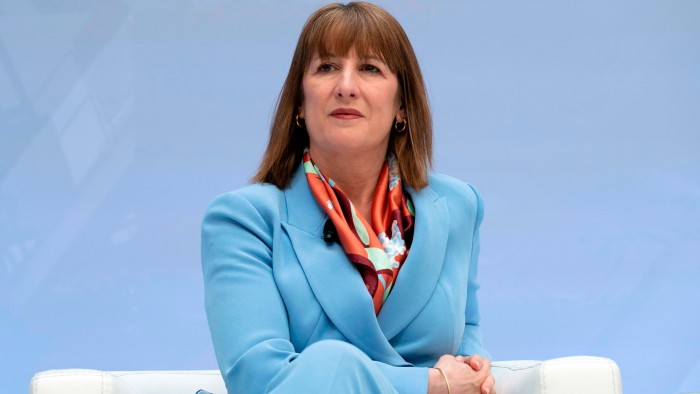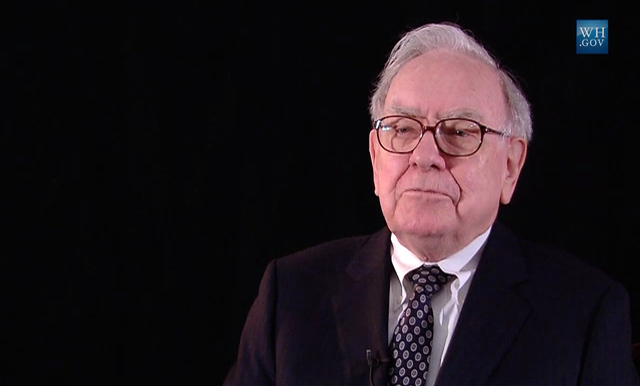Unlock the Editor’s Digest for free
Roula Khalaf, Editor of the FT, selects her favourite stories in this weekly newsletter.
Rachel Reeves is at risk of breaching her budget rules after leaving herself “very thin” fiscal buffers, the OECD has warned, as it urged the UK chancellor to boost tax revenues.
The OECD cut its UK growth forecasts on Tuesday and called on the Labour government to step up efforts in bolstering its budgetary wriggle room at a time when the UK faces “substantial downside risks to growth”.
The UK’s economic momentum is weakening, the OECD said in its latest global outlook, as it trimmed the country’s 2025 growth forecast to 1.3 per cent, from 1.4 per cent in March. Output will expand by just 1 per cent in 2026, the OECD added, softer than its previous 1.2 per cent prediction.
The Paris-based OECD said a “balanced approach” to the public finances should combine targeted spending cuts with new tax-raising measures. These could include “revenue-raising measures such as re-evaluating council tax bands based on updated property values” as well as removing “distortions” in the tax system.
“The state of the public finances is a significant downside risk to the outlook if the fiscal rules are to be met,” the intergovernmental organisation said. “Currently, very thin fiscal buffers could be insufficient to provide adequate support without breaching the fiscal rules in the event of renewed adverse shocks.”
Ministers are tussling over sparse departmental budgets ahead of the government’s spending review next week, while Downing Street is also fielding calls from backbench Labour MPs for planned welfare cuts to be eased. The pressure on Reeves is likely to intensify in the run-up to the Autumn Budget, particularly if the Office for Budget Responsibility downgrades its growth forecasts.
The UK Treasury will face continuing strain from higher debt interest payments, the OECD said. It predicted that gross government debt would rise as a share of GDP over the coming two years, leaving it above 104 per cent in 2026 compared with 101.3 per cent in 2024.
“In order to tackle all these problems, especially when you have very high debt already, you need to work both on the revenue side and on the expenditure side; that is why sticking to fiscal rules and being able to maintain fiscal discipline is quite important,” said Álvaro Pereira, the OECD’s chief economist, in an interview.
Inflation will remain above target this year, running at 3.1 per cent, before subsiding to 2.3 per cent in 2026, the OECD said. But given lacklustre growth, the Bank of England should be able to carry on reducing its main interest rate from 4.25 per cent to 3.5 per cent in the second quarter of 2026.
“Momentum is weakening, with business sentiment rapidly deteriorating,” the OECD said, adding that consumer confidence remains “depressed”. Meanwhile, survey measures of new export orders have plummeted given the increased tariffs facing UK exports to the US even after the trade pact struck between the Trump administration and Sir Keir Starmer’s government.
“The UK was the fastest-growing economy in the G7 for the first three months of this year and interest rates have been cut four times, but we know there’s more to do,” said Reeves. “I am determined to go further and faster to put more money in people’s pockets through our Plan for Change.”







